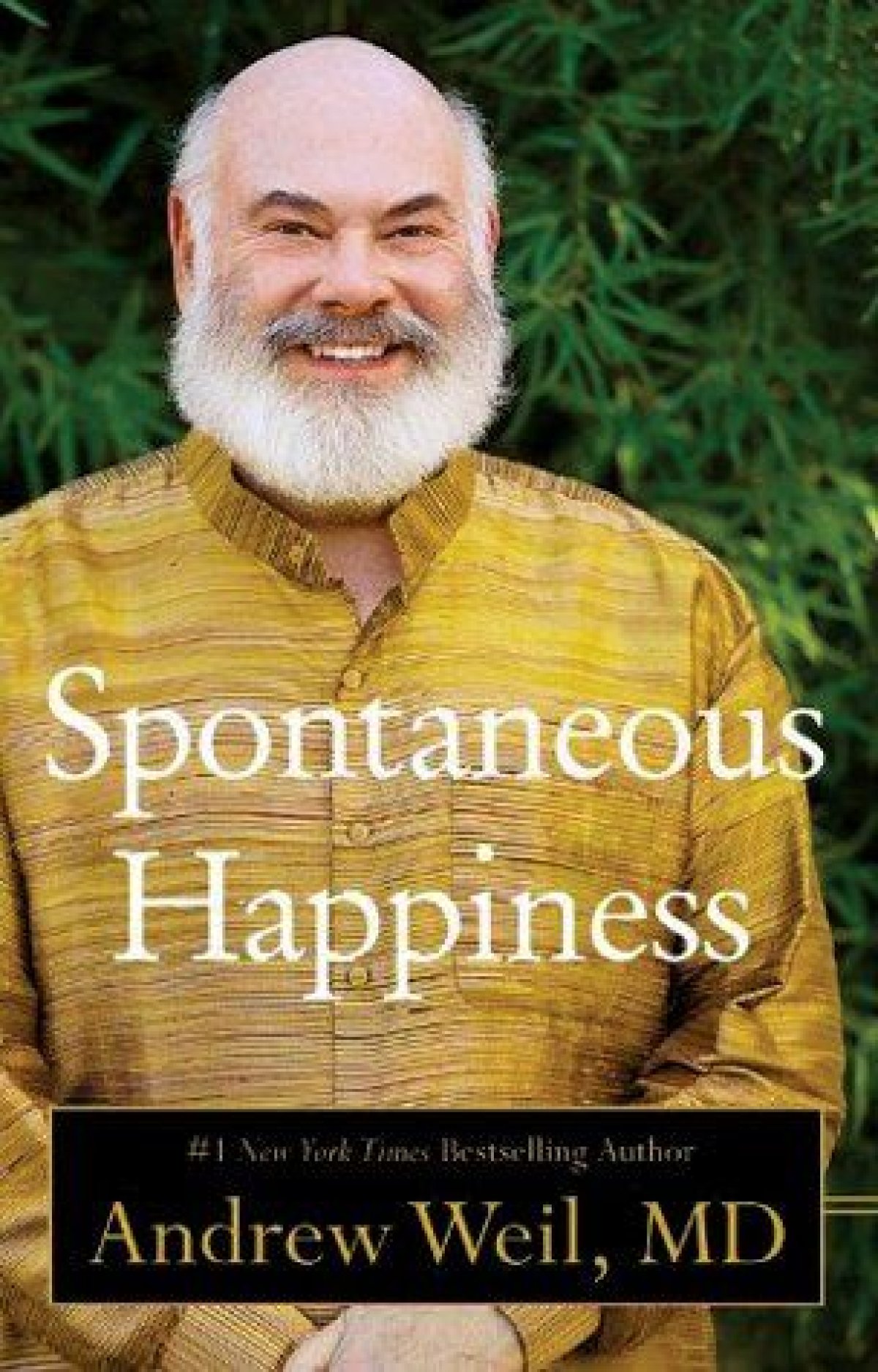
In my experience, the more people have, the less likely they are to be contented. Indeed, there is abundant evidence that depression is a "disease of affluence," a disorder of modern life in the industrialized world. People who live in poorer countries have a lower risk of depression than those in industrialized nations. In general, countries with lifestyles that are furthest removed from modern standards have the lowest rates of depression.
Within the U.S., the rate of depression of members of the Old Order Amish—a religious sect that shuns modernity in favor of lifestyles roughly emulating those of rural Americans a century ago—is as low as one 10th that of other Americans.
Psychologist Martin Seligman, originator of the field of positive psychology and director of the Positive Psychology Center at the University of Pennsylvania, has studied the Old Order Amish, along with other premodern cultures. He concludes: "Putting this together, there seems to be something about modern life that creates fertile soil for depression."
Another prominent researcher whose work I respect, Stephen Ilardi, professor of psychology at the University of Kansas and author of The Depression Cure, observes, "The more 'modern' a society's way of life, the higher its rate of depression. It may seem baffling, but the explanation is simple: the human body was never designed for the modern postindustrial environment."
More and more of us are sedentary, spending most of our time indoors. We eat industrial food much altered from its natural sources, and there is reason for concern about how our changed eating habits are affecting our brain activity and our moods. We are deluged by an unprecedented overload of information and stimulation in this age of the Internet, email, mobile phones, and multimedia, all of which favor social isolation and certainly affect our emotional (and physical) health.
Behaviors strongly associated with depression—reduced physical activity and human contact, overconsumption of processed food, seeking endless distraction—are the very behaviors that more and more people now can do, are even forced to do by the nature of their sedentary, indoor jobs.
This kind of life simply was not an option throughout most of human history, as there was no infrastructure to support it, much less require it.
Human beings evolved to thrive in natural environments and in bonded social groups. Few of us today can enjoy such a life and the emotional equilibrium it engenders, but our genetic predisposition for it has not changed. The term "nature-deficit disorder" has recently entered the popular vocabulary, though it has not yet made it into the Diagnostic and Statistical Manual of Mental Disorders or been accepted by the medical community. It was coined by the author Richard Louv to explain a wide range of behavior problems in children who spend less time outdoors but now is invoked as the root cause of an even wider range of both physical and emotional ailments in people of all ages who are disconnected from nature.
I believe we are gathering scientific evidence for the benefits of living close to nature, not simply for enjoying its beauty or getting spiritual sustenance but for keeping our brains and nervous systems in good working order. A few examples:

• We get vitamin D, now known to be necessary for optimum brain health, by spending time in the sun.
• Our cycles of sleep and waking and other circadian rhythms are maintained by exposure to bright light during the day and darkness at night. Lack of bright natural light during waking hours and exposure to artificial light at night disrupt these rhythms, interfering with our sleep, energy, and moods.
• Hunter-gatherers and other "primitive" people do not develop the deficits of vision and the need for corrective lenses as early in life as people in our society do, probably because they grow up looking at distant landscapes more often than reading books, writing, or staring at television and computer screens. Because the eye is a direct extension of the brain, eye health is an indicator of brain health.
• Our hearing has evolved to attend to and analyze changes in the complex acoustical patterns of nature, like those of forests, running water, rain, and wind. Evolution did not prepare us to endure the kinds of man-made sounds that pervade our cities and lives today. Noise strongly affects our emotions, nervous systems, and physiology.
The problems stemming from nature-deficit disorder are examples of a mismatch between our genes and the modern environment. Our brains simply are not suited for the modern world. Possibly, the deterioration of emotional well-being characteristic of contemporary urban life represents a cumulative effect of lifestyle changes that have been occurring over many years, an effect that is now suddenly obvious.
Not only do we suffer from nature deficit, we are experiencing information surfeit. Many people today spend much of their waking time surfing the Internet, texting and talking on mobile phones, attending to email, watching television, and being stimulated by other new media—experiences never available until now. The allure of synthetic entertainment—television, the Internet—is eerily reminiscent of the false promise of industrial food. It seems like a distillation of the good aspects of a social life, always entertaining yet easy to abandon when it becomes tedious or challenging. But, like junk food, it is ultimately unsatisfying and potentially harmful. Our brains, genetically adapted to help us negotiate a successful course through complex, changing, and often hazardous natural environments, are suddenly confronted with an overload of information and stimulation independent of physical reality.
Lifestyle programs intended to relieve depression by correcting the mismatch between the modern world and our "ancient brains and bodies" recommend such interventions as increasing aerobic exercise, improving sleep, spending more time in the sun, eating more fish to boost intake of omega-3 fatty acids, socializing more, and not dwelling on negative thoughts. In addition, I recommend familiarity with interventions that have no analog in the hunter-gatherer world but are being shown by neuroscientists to help change our brains for the better.
To learn more about Dr. Weil's new book and tips for happiness, check out these interviews.
Excerpted from the book Spontaneous Happiness by Andrew Weil, MD. Copyright © 2011 by Andrew Weil, MD. Reprinted with permission of Little, Brown and Company.
Uncommon Knowledge
Newsweek is committed to challenging conventional wisdom and finding connections in the search for common ground.
Newsweek is committed to challenging conventional wisdom and finding connections in the search for common ground.
About the writer
To read how Newsweek uses AI as a newsroom tool, Click here.








